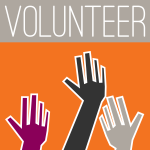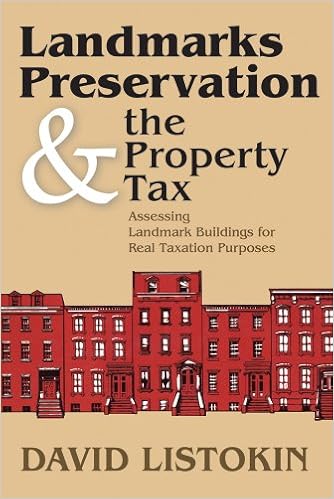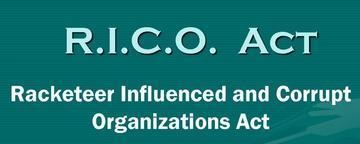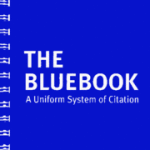 On October 31, 2005, during oral arguments in the case of Central Virginia Community College v. Katz, 546 U.S. 356 (2006), a light bulb blew out and made a gunshot-like sound. A lively exchange among the Justices ensued, according to the transcript of the oral arguments on Oyez, Chicago-Kent’s free law project that makes the US Supreme Court accessible to everyone. Oyez, which is available in Brooklyn Law School’s SARA Catalog, has transcript-synchronized and searchable audio, plain-English case summaries, illustrated decision information, and opinions. It also provides detailed information on every justice throughout history and offers a panoramic tour of the Supreme Court building, including the chambers of several justices.
On October 31, 2005, during oral arguments in the case of Central Virginia Community College v. Katz, 546 U.S. 356 (2006), a light bulb blew out and made a gunshot-like sound. A lively exchange among the Justices ensued, according to the transcript of the oral arguments on Oyez, Chicago-Kent’s free law project that makes the US Supreme Court accessible to everyone. Oyez, which is available in Brooklyn Law School’s SARA Catalog, has transcript-synchronized and searchable audio, plain-English case summaries, illustrated decision information, and opinions. It also provides detailed information on every justice throughout history and offers a panoramic tour of the Supreme Court building, including the chambers of several justices.
The spirited exchange that afternoon was the only time a sitting US Supreme Court Justice said “Happy Halloween” from the bench. The comments from the transcript are below:
SANDRA DAY O’CONNOR
A light bulb exploded.
JOHN G. ROBERTS, JR.
I think we’re… I think it’s safe.
STEPHEN G. BREYER
A light bulb went out.
JOHN G. ROBERTS, JR.
It’s a trick they play on new Chief Justices all the time.
[Laughter]
ANTONIN SCALIA
Happy Halloween.
John G. Roberts, Jr.
We’re even… yeah, we’re even more in the dark now than before.
Hat Tip to Victoria Sutton author of Halloween Law: A Spirited Look at the Law School Curriculum.



 On the subject of historic sites, the Brooklyn Law School Library has in its collection
On the subject of historic sites, the Brooklyn Law School Library has in its collection 

